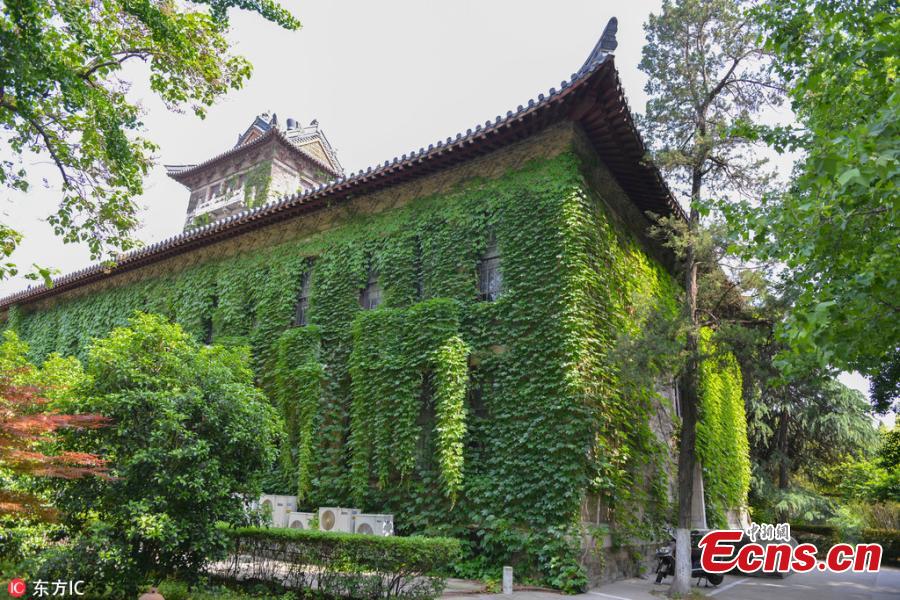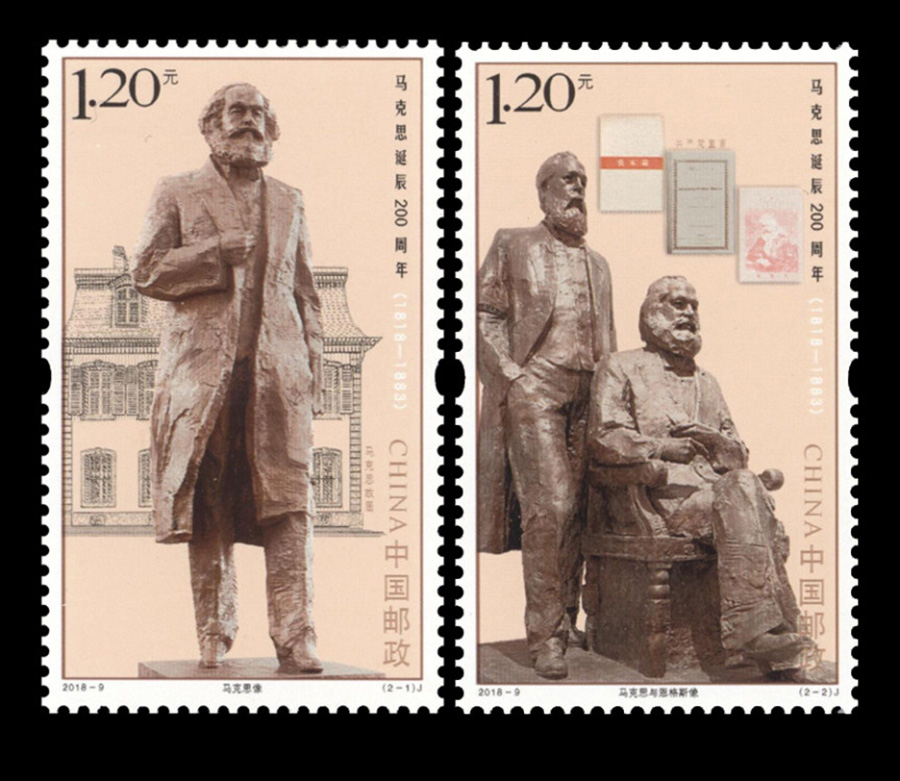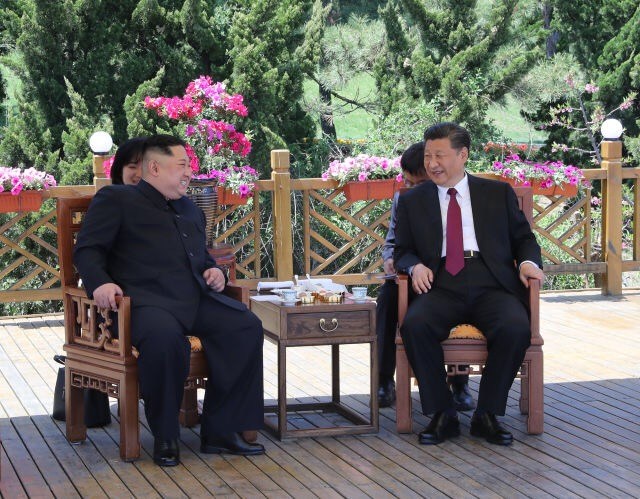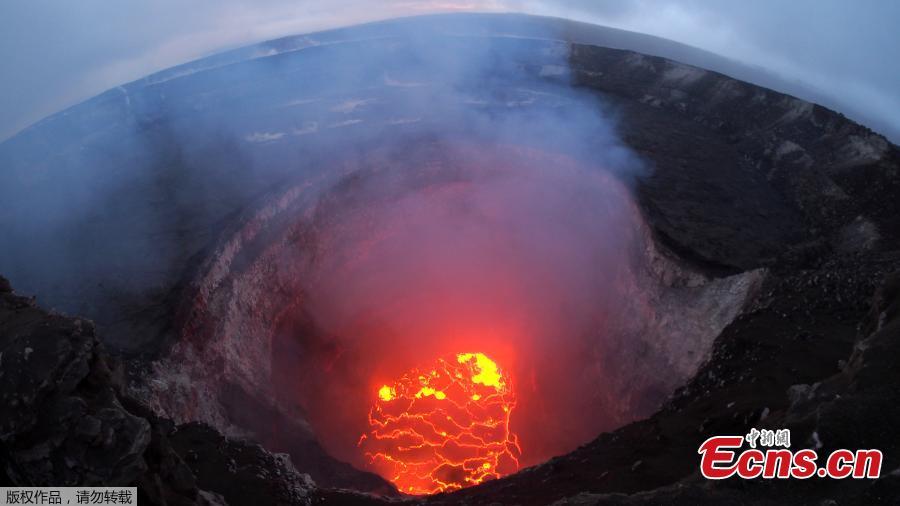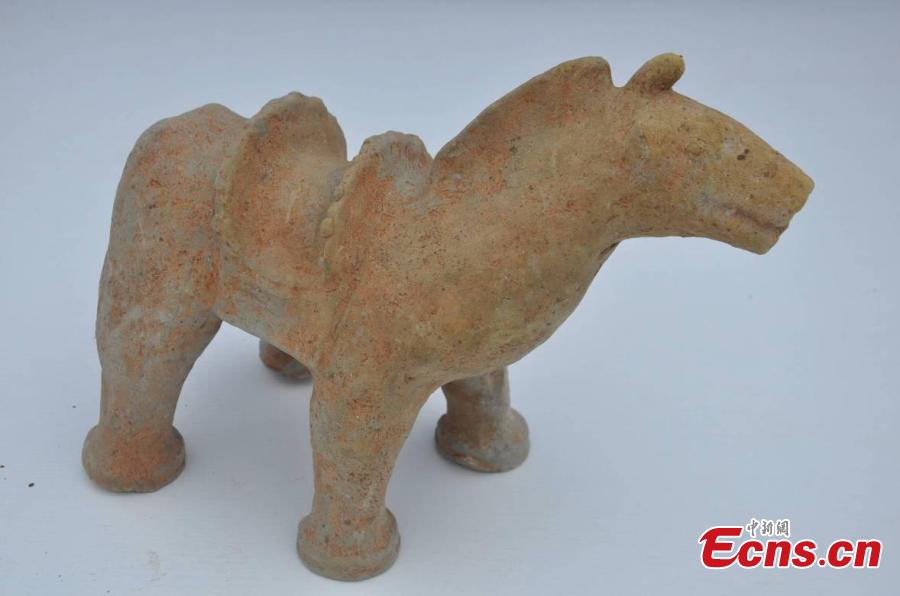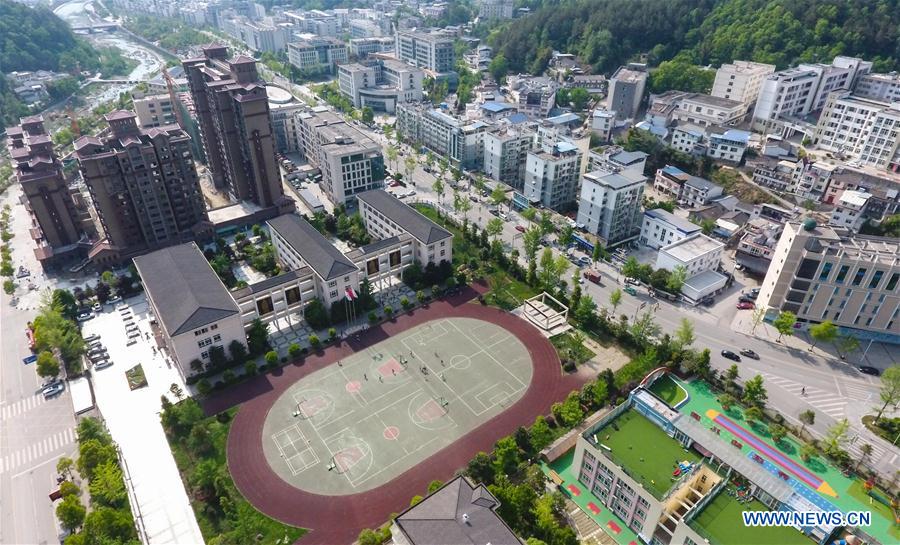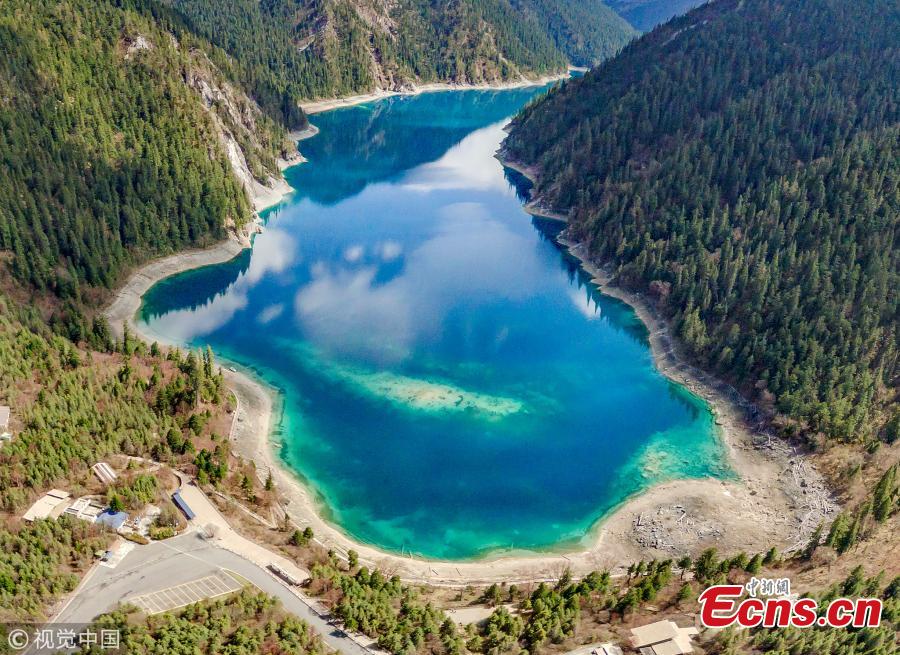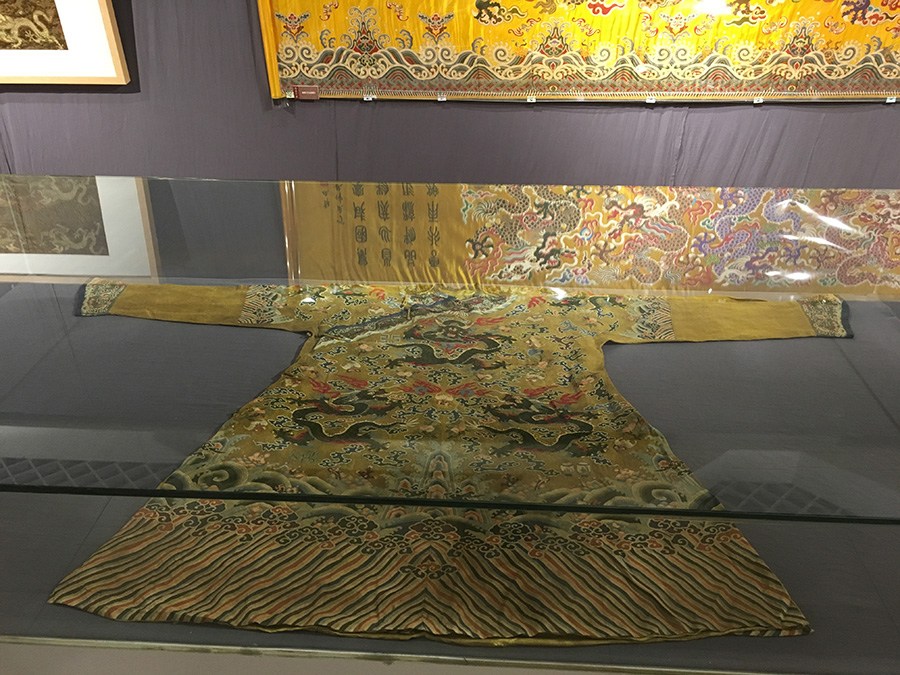Beijing (CNS) -- Admission fees at scenic spots should by no means become a tool for making money, on the contrary, they should serve the general public with all the precious resources endowed by nature and passed down from our ancestors, said Wang Wei, director of the Department of Social Development at the National Development and Reform Commission (NDRC), at a press conference.
On April 25, a new tourism law was passed at the 2nd Plenary Session of the 12th National People’s Congress (NPC), China’s top legislature. The long-awaited new law stipulates that strict regulations be imposed on entrance fee hikes.
For a long time, admission ticket hikes at renowned scenic spots in China has been a matter of public debate. “As the department in charge of price controls, we always stand by the consumers,” said Wang, adding that the department is always trying to look for ways to curb excessive price surges.
NRDC said in one notice that “entrance ticket prices at sight-seeing spots shall not be revised too frequently, no more than once every three years,” an effort intended to curb random price hikes. However, “regrettably, some scenic spots still try to raise ticket prices every three years, a move that runs contrary to our initial intent.”
Recently, some famous scenic spots in China have raised their ticket prices, stirring heated public debate. The new Tourism Law places restrictions on random price hikes and introduces detailed procedures for admission ticket price controls. The law stipulates that planned price hikes should be subject to public hearings and that the announcement be made six months prior to implementation.
“Now there seems to be a trend for substantial price surges,” said Wang, adding that the current priority is to further study related issues in implementing the new law and make an overall plan to accommodate both the interests of the general public and the development of tourism in a fair and just manner.
In response to public debate about the latest price surge in the ancient town of Fenghuang in Hunan province, Wang argues that precious heritages from nature and our ancestors should be enjoyed by all Chinese and even people across the world. “We will make sure to gradually lower admission ticket prices or introduce an affordable price mechanism.”
“Some scenic spots can still make a profit by sticking to their original prices, or by lowering or even canceling fees,” said Wang.
Wang hopes that any public contention over price hikes can be properly addressed following the introduction of the new law.













